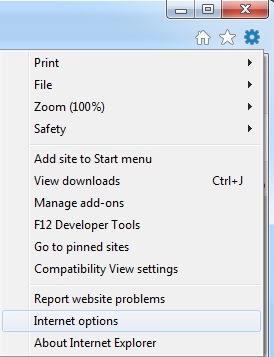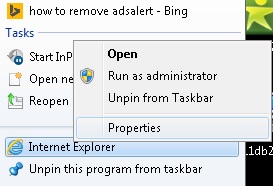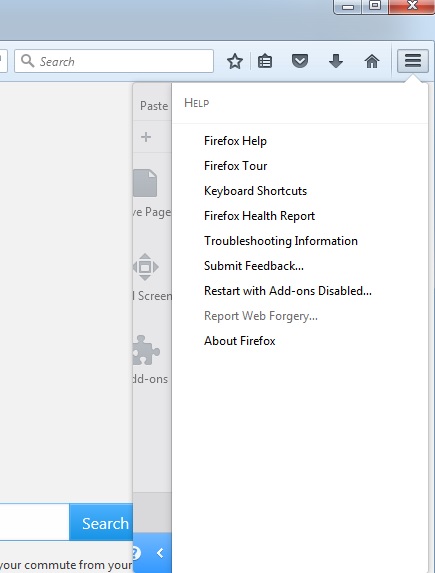Here you will learn How to Remove Yeadesktop verification code Virus in several easy steps? Follow the Yeadesktop verification code removal instructions and you will stop the virus.
Yeadesktop is adware application that will slow down your computer tremendously. This virus has taken over your computer when you accidently clicked on unrelable link. Since you are searching for the YeaDesktop 1.0.0.1 Verification Code Virus , then you are most likely looking for a way to remove it. Here, you will find a detailed removal guide, where we will explain to you all the steps that you will need to do in order to wipe the malicious software. It is advisable that you first read everything and then proceed with the instructions. Information can be found below.
|
Name |
Yeadesktop verification code Pop-Up Virus |
| Type | Browser Hijacker, Adware |
| Danger Level | High (annoying and virulent) |
| Symptoms | PC slowness, sudden blue screens, unwanted pop-up advertisements. |
| Distribution Method | freeware installations,via email attachments, malicious websites, zero day exploits. |
| Detection Tool | Browser hijackers are quite difficult to track down, since they are constantly developed. Use this professional Yeadesktop verification code Removal Tool to make sure you find all traces of the infection.* |
*You can use the SpyHunter FREE SCANNER to detect the parasite, however if you want to delete it automatically you need to register the antimalware program.
According to antivirus experts, the Yeadesktop verification code Virus malware has been classified as an browser hijacker. A browser hijacker is an annoying piece of programming code which causes inderect harm to the user. On the other hand, a virus is hidden and will cause both direct and indirect harm to the user. It might seem that this looks harmless, however, the advertisements may look harmless, but eventually you may click on a non-regulated advertisement that will lead you to additional crapware being installed in your computer. Users are usually very surprised when they encounter Yeadesktop verification code Pop-Up Virus in the place of their homepage because it happens unexpectedly. When you download free programs not from official sources, you also acquire other software that in most of the cases is adware and browser hijackers. During the setup of the chosen free program, you will be asked to agree to some changes that will be made to your browser settings. These changes include replacing your homepage and search engine with another website which in our case is Yeadesktop verification code Pop-Up Virus. If you do not untick the checked boxes next to each suggested alteration, they will be done automatically. Hence, if you want to prevent unwanted changes to your browser settings, you should be attentive during setup, and most of all you should only download software from legitimate sources.
Attention! You should be aware that all of your accounts and passwords were likely compromised. Viruses are designed to collect every piece of private information. We advise you to change all your passwords, once you clean your computer, especially if you make online banking or shopping.
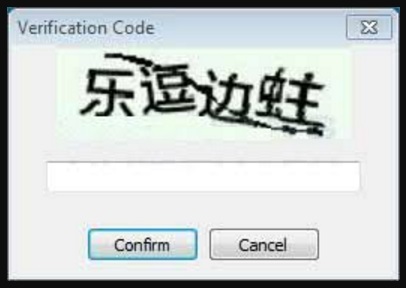
How Can I Remove Yeadesktop verification code Pop-Up Virus Hijacker?
Download Remover
for Yeadesktop verification code Virus
Compatible with Microsoft Windows ![]()
The recommended Yeadesktop verification code removal tool is SpyHunter. You can use the free scanner to detect the parasite, however if you want to fix it automatically you need to register the antimalware program.
What if SpyHunter failed to Detect or Remove the infection? – Find out here how to use the FREE Support.
Is this dangerous?
Although it is really unpleasant to have your homepage and search provider replaced with an unknown website, this is not the most disturbing thing about the Yeadesktop verification code Pop-Up Virus hijacker. The reason why it is considered to be dangerous is the search results and the ads it displays. You should know that whenever you place a search query while Yeadesktop verification code Pop-Up Virus is still on your browser, many of the search results you will be presented with will be sponsored. This means that they will route you to affiliate third-party websites which may not be related to your search query in any way and which are very likely to be malicious as the third-party sponsors of Yeadesktop verification code Pop-Up Virus are very often cyber criminals. You should expect the same outcome if you click the ads displayed by Yeadesktop verification code Pop-Up Virus. They also contain redirect links to third-party web pages and this is why it is essential to refrain from clicking them. Another thing about Yeadesktop verification code Pop-Up Virus that should worry you is the fact that it is capable of collecting information about your web browsing. This as well as the hijacker’s other activities should not be tolerated, so do not hesitate to remove the infection from your browser as soon as possible.
Remove Yeadesktop verification code Pop-Up Virus infection Manually
If you perform exactly the steps below you should be able to remove the Yeadesktop verification code Pop-Up Virus infection. Please, follow the procedures in the exact order. you may want to print this guide or look at it in another computer.
STEP 1: Remove Yeadesktop verification code Pop-Up Virus from IE, Chrome or Firefox
STEP 2: Uninstall Yeadesktop verification code Pop-Up Virus from your Add/Remove programs list
STEP 3: Delete Yeadesktop verification code Pop-Up Virus Windows Registry Leftovers
STEP 1: Remove Yeadesktop verification code Pop-Up Virus from IE, Chrome or Firefox
Yeadesktop verification code Pop-Up Virus Ads will infect every browser you have. You need to do the steps one by one.
Remove From Internet Explorer
- Open Internet Explorer
- Up to the Right Click on the Gear Icon
- Go to Toolbars and Extensions
- Disable any suspicious extension.
- If the button is not active, you need to go to your Windows Registry and delete the corresponding CLSID
- Then go back to the Gear Icon.
- Click on Internet options
- Select the Advanced tab and click on Reset.
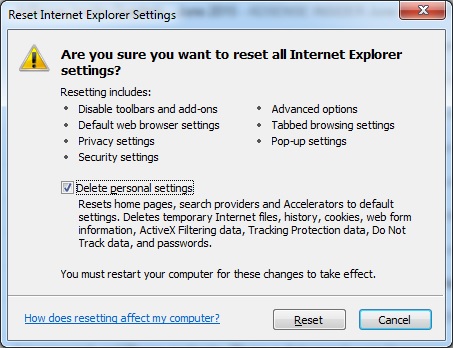
- Check the “Delete Personal Settings Tab” and then Reset
- Restart IE
to make sure nothing is interfering with your browser, right click on the shortcut target and click properties
- In the target field you need to have the following command parameter: “C:\Program Files\Internet Explorer\iexplore.exe”
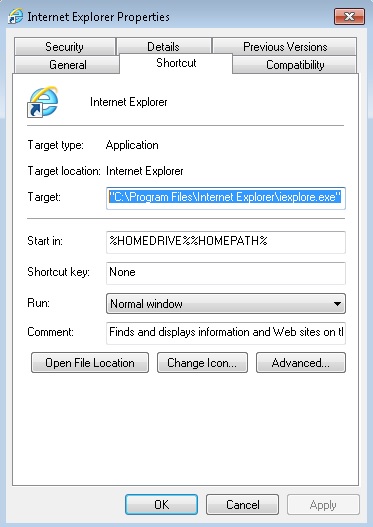
- if you have something else, just delete it and replace it.
- simultaneously press the windows start button and “R”
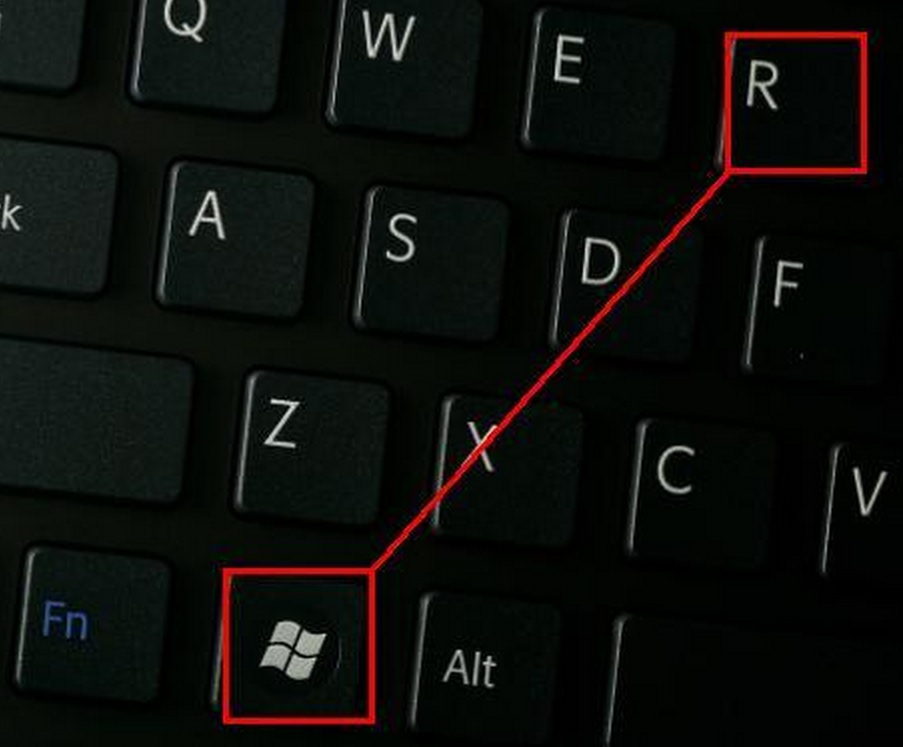
- in the opened dialog box type “regedit“
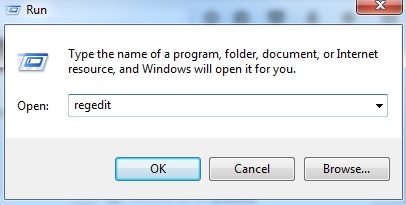
- Once the windows registry editor opens navigate to: HKEY_CURRENT_USER/Software/Microsoft/Internet Explorer/Main:Start Page
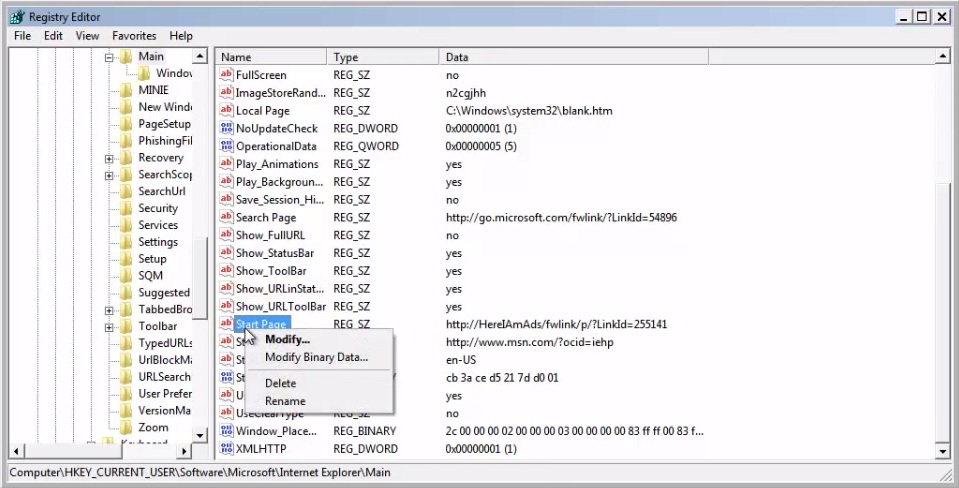 Modify the starting page with a value so that it corresponds to the webpage you want.
Modify the starting page with a value so that it corresponds to the webpage you want.- click OK and IE should be cleaned.
Remove from Mozilla Firefox
- Open Mozilla Firefox
- Press simultaneously Ctrl+Shift+A
- Carefully review all add-ons and disable the unknowns
- Open the Firefox’s Help Menu
- Then Troubleshoot information
- Click on Refresh Firefox
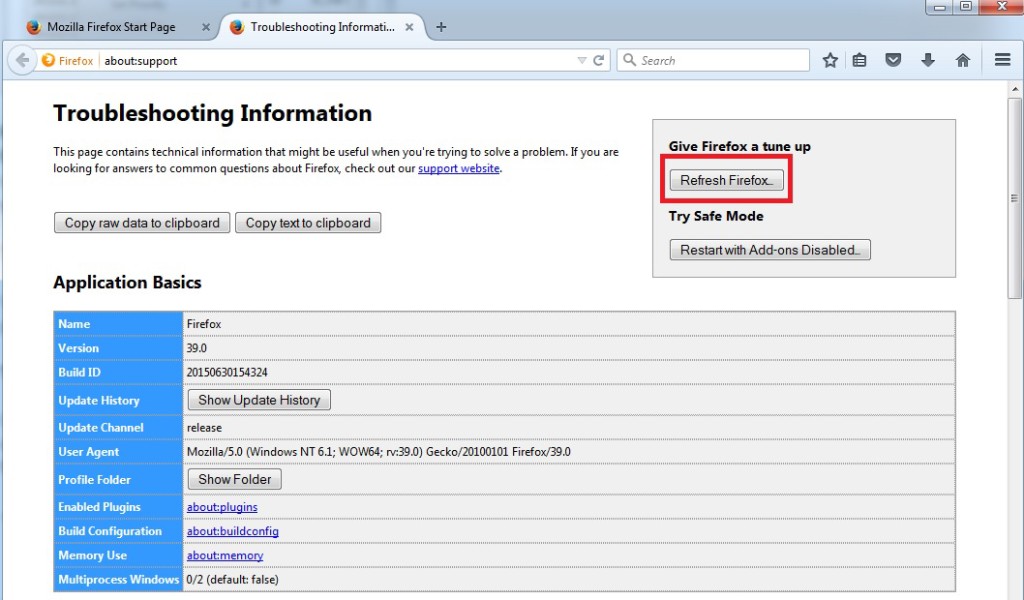
Remove from Google Chrome
- Open Google Chrome
- On the upper right corner click the Chrome menu Icon (looks like three dashes)
- Hover Over More tools, then Extensions
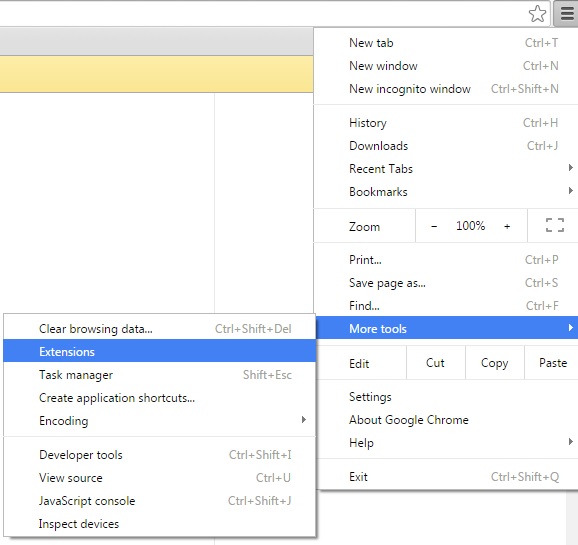
- in the extensions windows disable all unknown extensions
- On the upper right corner click the again the Chrome menu Icon (looks like three dashes)
- Click on Settings, Show Advanced Settings then Reset
STEP 2 : Uninstall Yeadesktop verification code Pop-Up Virus from Your Computer
- Simultaneously press the Windows Logo Button and “R” to open the Run Command
- In the open dialog box type “Appwiz.cpl“
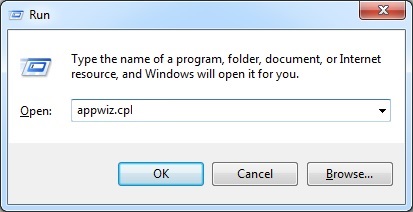
- Locate the Yeadesktop verification code Pop-Up Virus program and click on uninstall/change.
- Also, be warned that viruses always want to trick you into installing more crap. If you see a screen like this when you click Uninstall, Click NO!
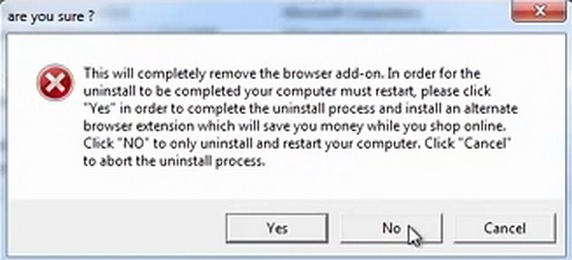
STEP 3 : Delete Yeadesktop verification code Pop-Up Virus Windows Registry Traces
These are the places in the windows registry where viruses inject their malicious payload. If you want to be 100% sure that nothing is hooking your system, check these locations. However, be very careful when editing the windows registry, because you can render your system unbootable.
- HKCU–Software–Microsoft–Windows–CurrentVersion–Run
- HKCU–Software–Microsoft–Windows–CurrentVersion–Run
- HKLM–System–CurrentControlSet–Services
- HKLM–SOFTWARE–Microsoft–Windows NT–CurrentVersion–Winlogon–Notify
- HKLM–Software–Microsoft–Windows NT–CurrentVersion–Winlogon–Userinit
- HKCU–Software–Microsoft–Windows NT–CurrentVersion–Winlogon–Shell
- HKLM–Software–Microsoft–Windows NT–CurrentVersion–Winlogon–Shell
- HKLM–Software–Microsoft–Windows–CurrentVersion–RunOnce
- HKLM–Software–Microsoft–Windows–CurrentVersion–RunOnceEx
- HKCU–Software–Microsoft–Windows NT–CurrentVersion–Windows–load
- HKLM–Software–Microsoft–Windows NT-CurrentVersion–Windows
- HKLM–SOFTWARE–Microsoft–Windows–CurrentVersion–Explorer–SharedTaskScheduler
Where HKCU stands for HKEY_CURRENT_USER
Where HKLM stands for HKEY_LOCAL_MACHINE
- Check these folders for corruption as well.
C:–Documents and Settings–All Users–Start Menu–Programs–Startup
C:–user–Profiles–All Users–Start Menu–Programs–Startup
C:–Documents and Settings–All Users–Start Menu–Programs–Startup
STEP 4 : Make sure your Windows HOSTS file is clean
Some reports from users were found that the Yeadesktop verification code virus recently began to modify your HOST file. To fix this just do the following:
Simultaniously press the Windows Start Button and R – copy + paste the following and click OK:
notepad %windir%/system32/Drivers/etc/hosts
A new file will open. If you are hacked, there will be a bunch of other IPs connected to you at the bottom. Look at the image below:
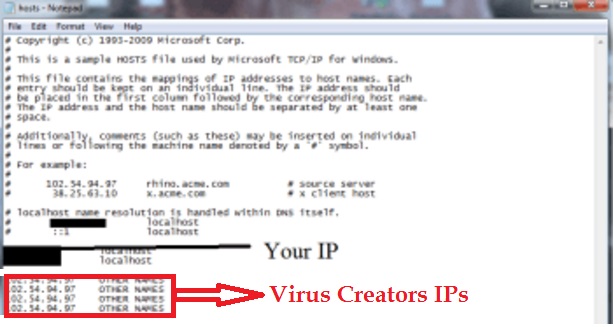
If there are suspicious foreign IPs below “Localhost” you should know that a dangerous Virus is lurking your system. Use the recommended Yeadesktop verification code removal tool to get rid of the malware.
